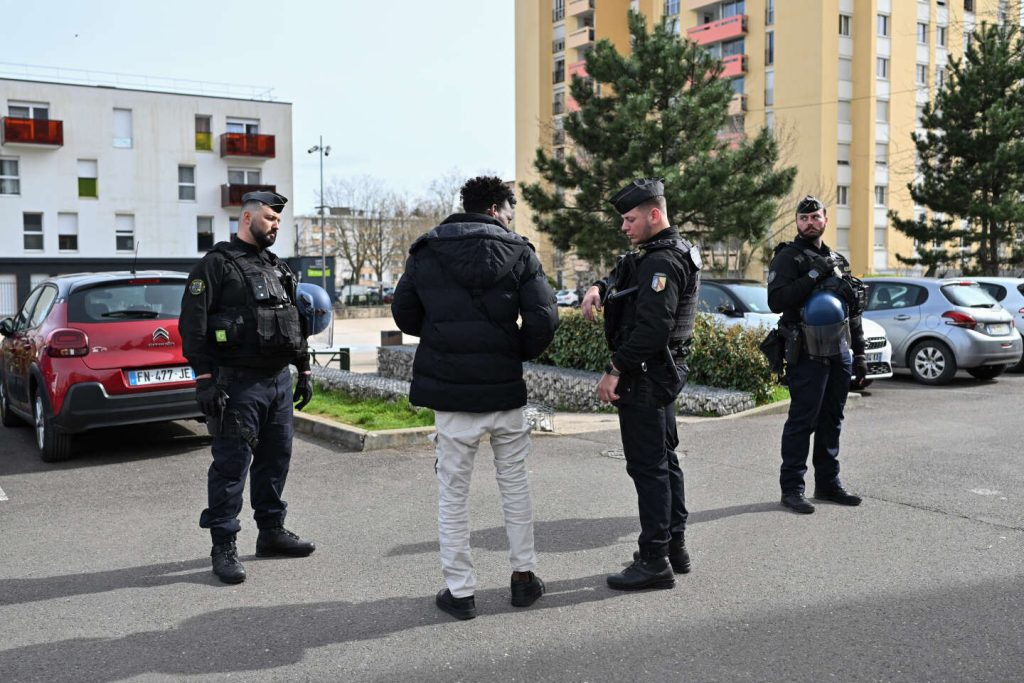Two international NGOs and three French associations have lodged a complaint with the United Nations on Thursday, April 11, to put an end to what they call “racial profiling” in France. In their complaint, Amnesty International France, Human Rights Watch, Pazapas, the Réseau égalité, antidiscrimination, justice interdisciplinaire (Reaji), and the Maison communautaire pour un développement solidaire (MCDS) stated that they were acting “due to the lack of concrete, effective, and relevant measures aimed at ending discriminatory identity checks.” According to the plaintiffs, France is not complying with the provisions of the International Convention on the Elimination of All Forms of Racial Discrimination, which it signed in 1971.
However, France is not the only European country where the practice of identity checks, both a symbol of police action and a knot in the relationship between the police and the population, is a subject of lively public debate. The title of an article published by the journal Futuribles (March-April 2024) and co-authored by Jacques de Maillard, director of the Center for Sociological Research on Law and Penal Institutions, and Mike Rowe, lecturer in public management at the University of Liverpool, summarizes the issues: “Police checks in Europe: recurrent challenges, limited reforms.”
This work was fueled by the findings of a vast study conducted between 2018 and 2023 in 27 European countries by 80 researchers gathered within the COST network (European Cooperation in the field of Scientific and Technical Research), funded by the European Union. The terms of this debate vary significantly from one country to another depending on local situations influenced by police culture, history, public policies, or more contemporary events. Each country has its own specific biases: “overcheck of populations of immigrant descent” in France, Belgium, the Netherlands, or the UK; migrants in Germany or Spain; minorities such as the Roma in Hungary; instruments for limiting protest movements in Poland.
Nevertheless, controversies as well as reflections by public actors, whether institutional, political, or non-governmental (citizens’ defense associations playing a crucial role in the media coverage of issues related to checks since the early 2000s), allow three shared lessons to be drawn from one country to another. It is undeniable that the debate about police checks remains a contentious issue in many European countries, with different perspectives and approaches being taken to address the complexities surrounding this practice. The involvement of various actors and civil society organizations is crucial in bringing awareness and addressing the underlying issues of discrimination and racial profiling in law enforcement practices. The need for concrete and effective measures to address these challenges is evident, and international scrutiny and pressure, such as the complaint lodged with the United Nations, can play a key role in pushing for reforms and accountability in addressing discriminatory practices in policing across Europe.


